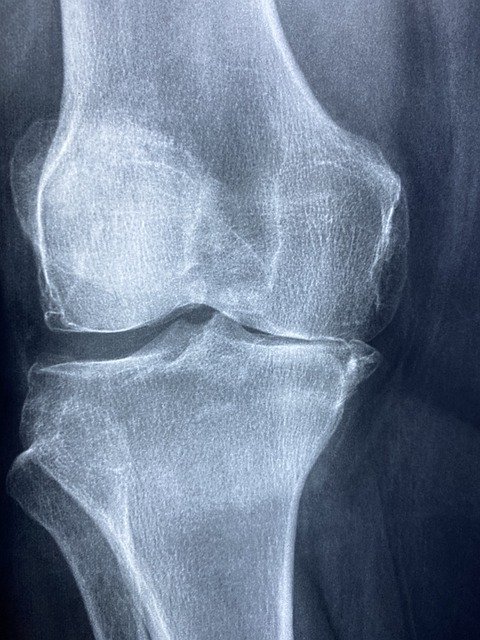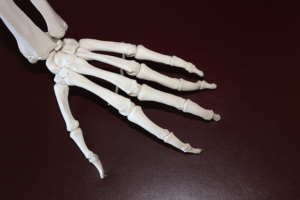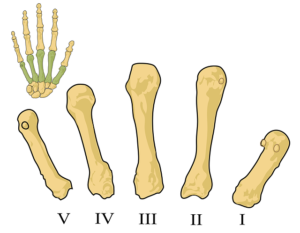Flare Risk Reduced With Secukinumab in 2 Types of Juvenile Idiopathic Arthritis – Monthly Prescribing Reference
Positive data were announced from a 2-year phase 3 study evaluating the efficacy and safety of secukinumab in children and adolescents with enthesitis-related arthritis (ERA) and juvenile psoriatic arthritis (JPsA).
The 3-part, randomized, double-blind, placebo-controlled JUNIPERA…….

Positive data were announced from a 2-year phase 3 study evaluating the efficacy and safety of secukinumab in children and adolescents with enthesitis-related arthritis (ERA) and juvenile psoriatic arthritis (JPsA).
The 3-part, randomized, double-blind, placebo-controlled JUNIPERA study (ClinicalTrials.gov Identifier: NCT03031782) included 86 patients aged 2 to 17 years with a confirmed diagnosis of ERA (n=52; mean age: 13.7 years) or JPsA (n=34; mean age: 12.2 years). In treatment period 1, patients received open-label secukinumab 75mg (less than 50kg) or 150mg (50kg or greater) until week 12.
Patients who achieved at least 30% improvement in juvenile idiopathic arthritis American College of Rheumatology (JIA ACR 30) response then moved on to treatment period 2, where they were randomly assigned to receive either secukinumab 75mg or 150mg or placebo until week 104. The primary endpoint was time to flare in treatment period 2 from week 12 to week 104.
Findings showed that treatment with secukinumab resulted in a significantly longer time to flare with a 72% reduction in the risk of flare at week 104 compared with placebo (P <.001). Additionally, over 30% and nearly 90% of patients treated with secukinumab achieved JIA ACR 30 at weeks 1 and 12, respectively.
Continue Reading
Nearly 35% of patients in the secukinumab arm achieved JIA ACR inactive disease status at week 12, as measured by the mean juvenile arthritis disease activity score (JADAS-27). Improvements in disease activity were observed at week 1 through week 104.
The safety profile of secukinumab was consistent with that seen in previous studies across indications.
Dr Hermine Brunner, Cincinnati Children’s Hospital Medical Center and lead investigator of the JUNIPERA study, said: “It is promising that the JUNIPERA study shows that secukinumab demonstrated marked responses in patients with ERA and JPsA, a population that currently has limited treatment options available to help improve joint inflammation, dactylitis and enthesitis.”
The regulatory application seeking approval of secukinumab for the treatment of ERA and JPsA has been given Priority Review by the Food and Drug Administration (FDA).
Secukinumab, an interleukin-17A antagonist, is currently marketed under the brand name Cosentyx and is indicated for the treatment of active psoriatic arthritis, ankylosing spondylitis, active non-radiographic axial spondyloarthritis, and moderate to severe plaque psoriasis.
Reference
Novartis presents positive phase III results for Cosentyx® in children with active enthesitis-related arthritis (ERA) and juvenile psoriatic arthritis (JPsA) at ACR 2021. News release. Novartis. Accessed November 9, 2021. https://www.novartis.us/news/media-releases/novartis-presents-positive-phase-iii-results-cosentyx-children-active-enthesitis.







